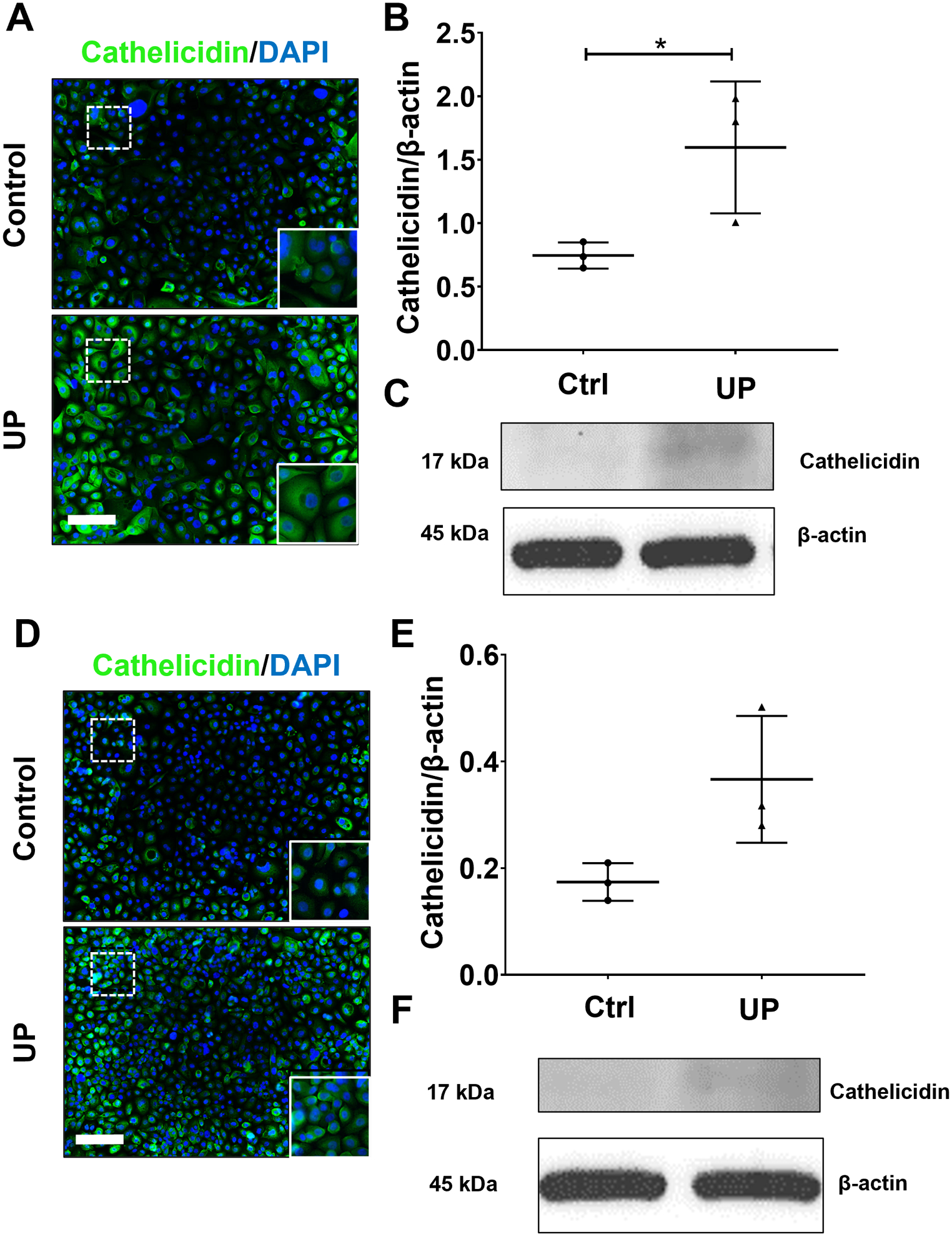Fig 2. U. parvum increases antimicrobial peptide production in cervical epithelilal cells.

Fluorescence microscopy imaging and western blot analyses showing cathelicidin in uninfected and U. parvum-infected human ectocervical (A – C) and endocervical epithelial cells (D – F). Nuclei are stained with DAPI, n=3 technical replicates. Scale bar, 100 μm. Western blot analysis and quantification of cathelicidin in ectocervical (B – C) and endocervical epithelial cells (E – F). β-actin is used as loading control. Error bars represent mean ± SEM, n=3 technical replicates. Linear adjustment of contrast and brightness has been applied to all fluorescent images throughout the figure. *, p < 0.05.
